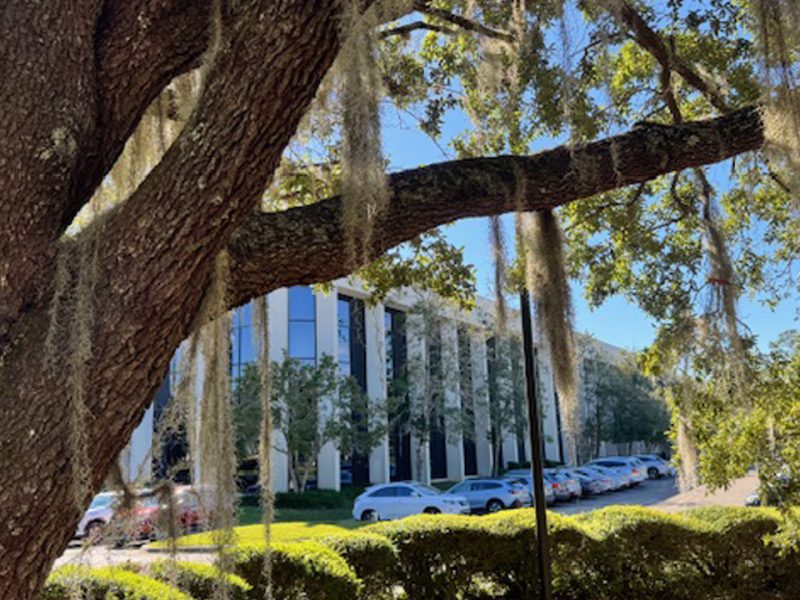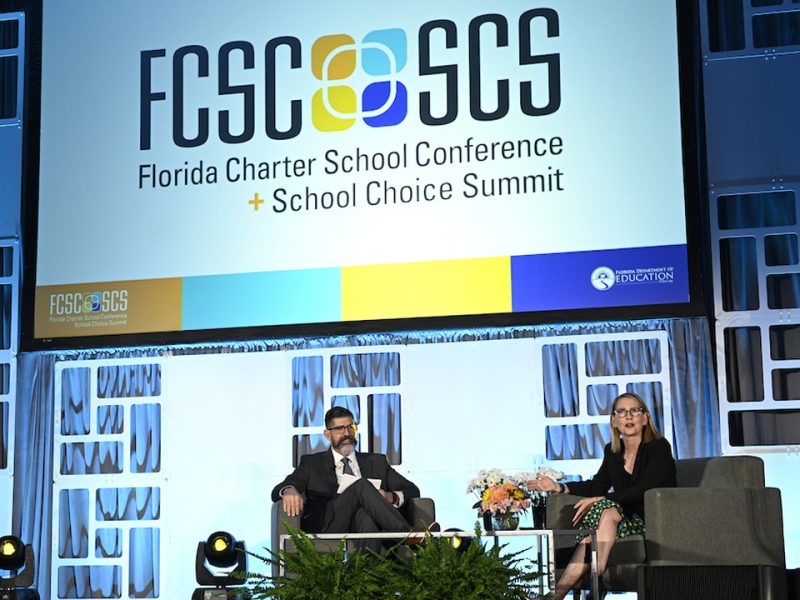John Thrasher on teachers: ‘Damn it, they need to be paid more’
Florida Politics | By Wes Wolfe | May 19, 2022
He spoke Wednesday at the Flagler Tiger Bay Club.
Former Florida State University President John Thrasher has a message for Florida’s school districts and the taxpayers who fund them: It’s time to up compensation packages to fix the state’s teacher retention and shortage problem.
He spoke Wednesday at the Flagler Tiger Bay Club, where Jill Woolbright, a Flagler County School Board member, asked him what School Board members should do to keep and recruit teachers.
“It’s hard — same thing’s happening in colleges of education, (enrollment is) falling off,” Thrasher said. “Probably a lot because of some of the controversy and turmoil now (in education). You know what? Pay them more. Damn it, they need to be paid more.”
He acknowledged work done on the issue by Gov. Ron DeSantis and the Legislature but said it’s not enough.
“For a single person, even a married person who’s got another spouse working, it’s not enough to live,” Thrasher said. “They deserve more.”
On the student loan and public policy front, he said Florida’s public universities’ tuition staying at $6,300 for 30 credit hours for the past decade or so, has been key in making sure three-quarters of the state’s public university graduates do so without student loan debt.
“It’s the second-lowest in the country, next to Wyoming,” Thrasher said. “So, that’s one of the reasons we don’t have a lot of student debt. … Having said that, let’s be specific about student debt for a minute. Another fact that I think you should remember, 75% of Florida public university students have no student debt when they graduate — 75%.
“I’ll repeat that — that’s amazing. It’s largely because they did it in 2013. We had a Board and a Governor at the time who didn’t want to raise tuition. They thought it was an unfair thing to do, to put more burden on the backs of families and students.”
For the rest of those who may have entered college with widely varying levels of financial knowledge necessary to navigate the student loan program before 2013, the news from Thrasher isn’t as positive.
“I know there’s a lot of debate about student debt, I know there’s going to be a lot of debate about whether or not the federal government decides to offer some assistance in that area,” Thrasher said.
“That’s for you guys to debate individually — I’ll leave it to that. I think it’s wrong, personally. I really do. I don’t think we ought to be subsidizing students who understood what they were doing, families, at the expense of other things that we need in this great country.”






